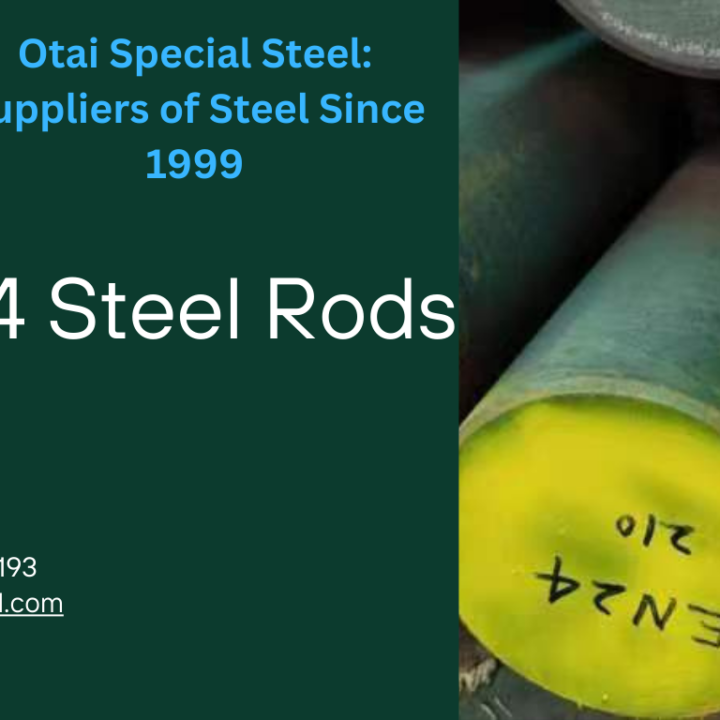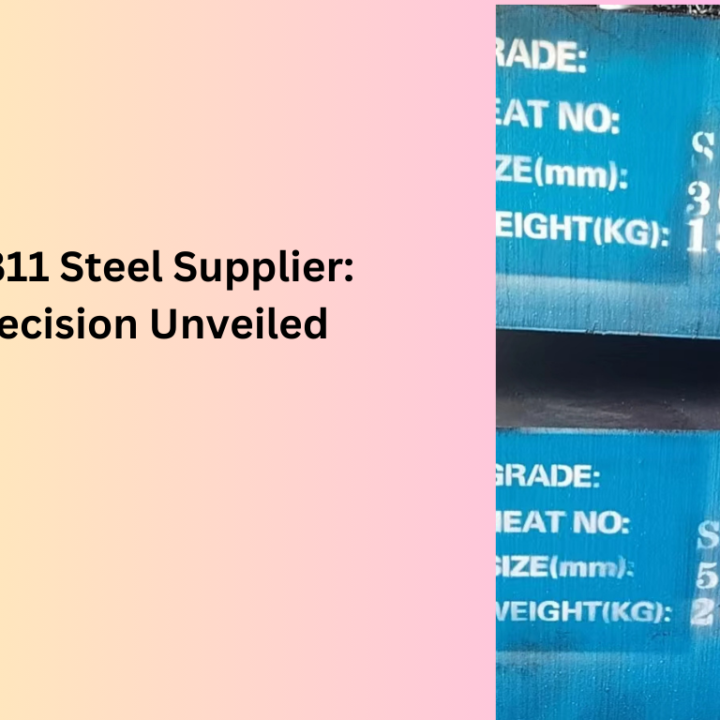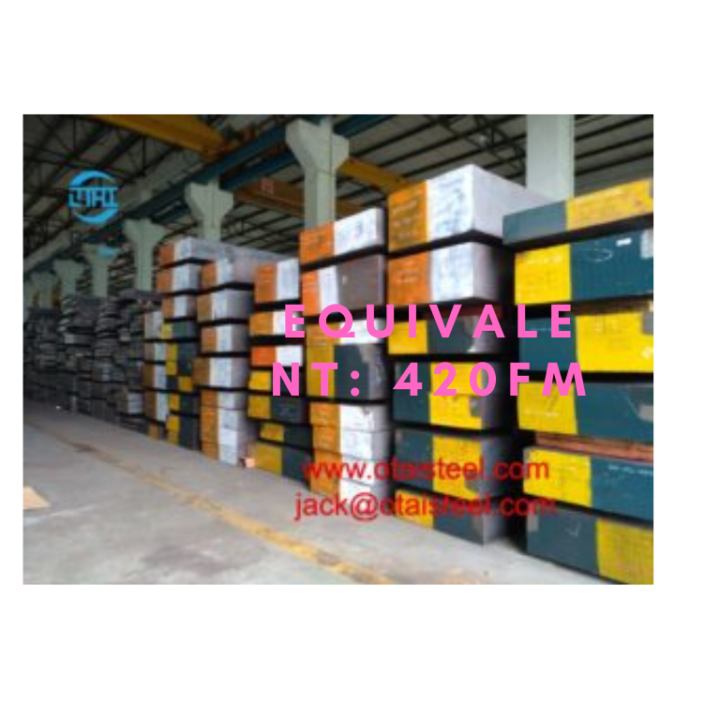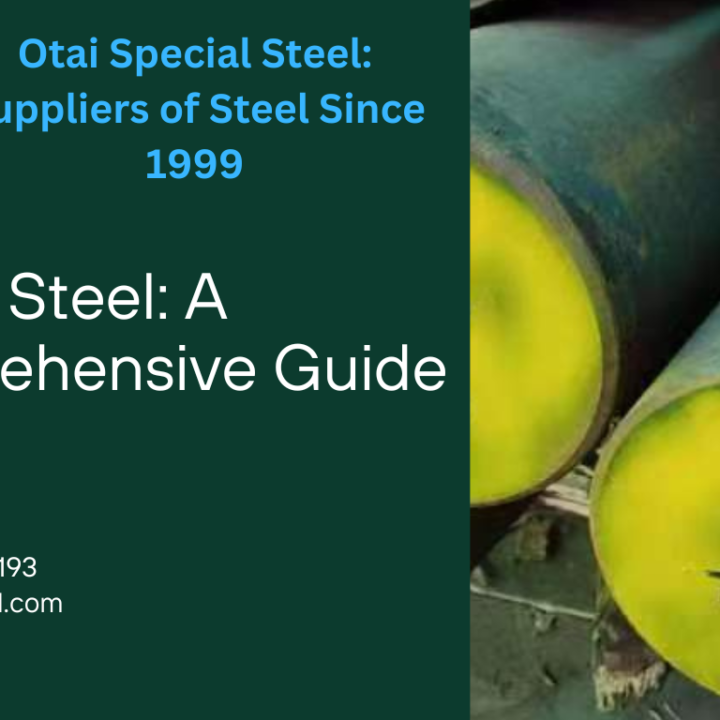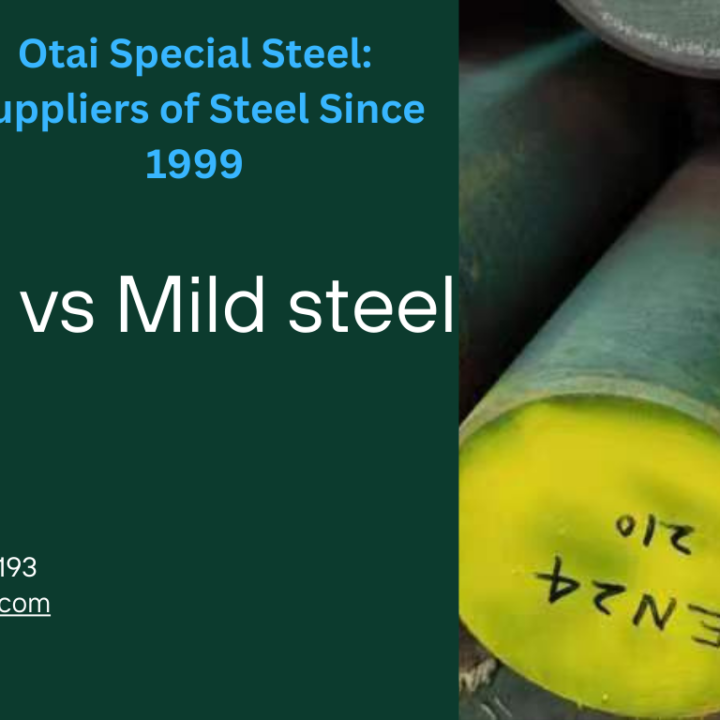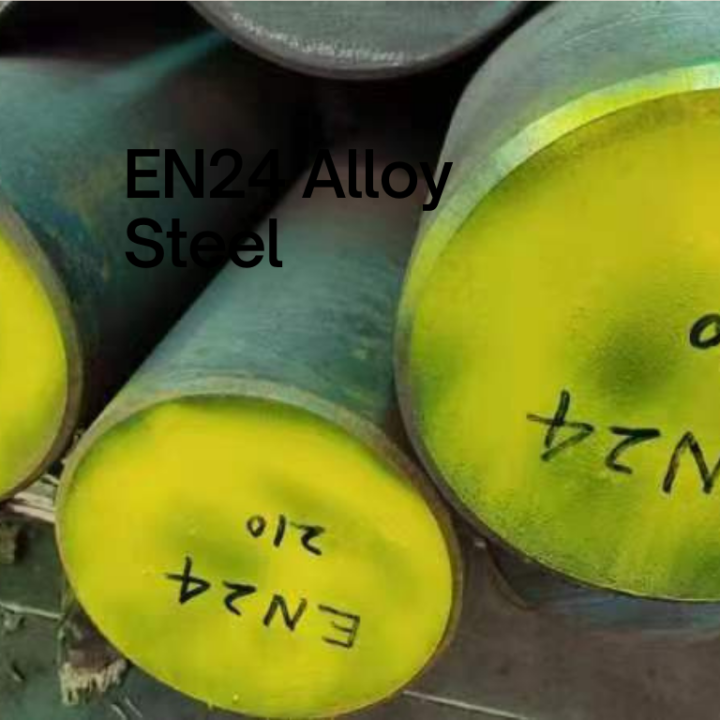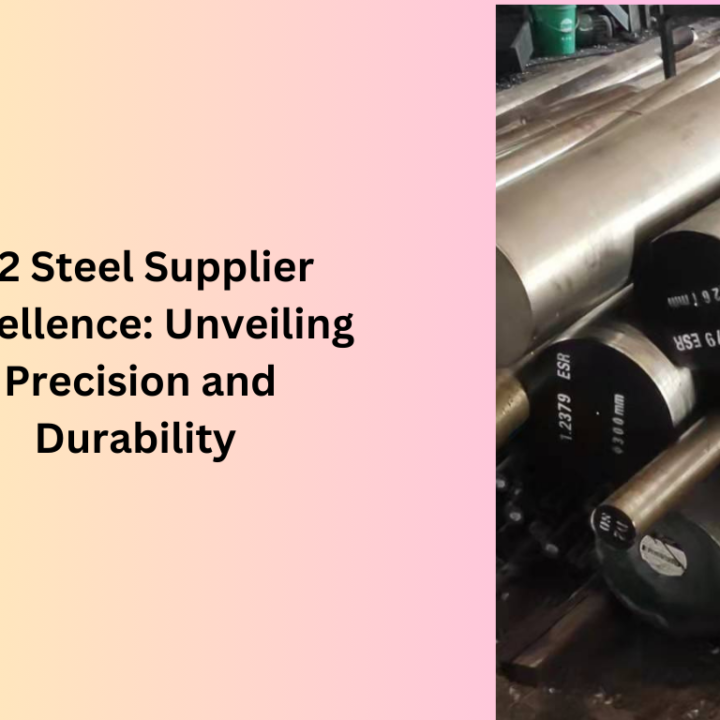
Laborers work at a steel plant of Shandong Iron & Steel Group in Jinan, Shandong province, China, July 7, 2017.(Stringer)
BEIJING (Reuters) – China’s steel output hit a monthly record in July at 74.02 million tonnes, up 10.3 percent on a year ago as mills in the world’s top producer continued to ramp up production even as Beijing intensified its war on smog.
July’s figure was ahead of the previous monthly record of 73.23 million tonnes set in June, official data showed, underlining concerns about oversupply in the market.
In the first seven months of the year, steel output totaled 491.55 million tonnes, up 5.1 percent, data from the National Statistics Bureau showed.
Activity in the sector normally slows during the summer months when building construction eases off due to the heat.
“However, due to Beijing’s crackdown on low-end rebar and capacity cutbacks in the steel sector, mills are spurred by rallying profits to work with full capacity,” said Xu Bo, steel analyst at Haitong Futures.
“Steady demands from infrastructure also gave support to steel prices, which encourages mills to churn out more products,” Xu said.
The most-traded rebar futures SRBcv1 contract has gained nearly 50 percent this year, peaking at 4,016 yuan ($603.15) a tonne last week before retreating to 3,841 yuan a tonne by 0335 GMT on Monday.
The data will likely fuel worries in the United States and Europe that China’s efforts to cut excess capacity in bloated heavy industry are not leading to a drop in supplies, which foreign rivals say are flooding international markets.
China has been pushing to clean up its inefficient manufacturing sectors for years as part of its war on smog and supply-side reform.
This year it has sought to curb output of low-grade steel like rebar used in construction, leading to a surge in prices as investors bet on tight supplies.
But it has also allowed steel mills to expand plants if they comply with stricter environmental standards, which has offset much of the capacity reductions.
SOURCE: Reporting by Muyu Xu and Josephine Mason; Editing by Kenneth Maxwell and Richard Pullin. (Reuters)
